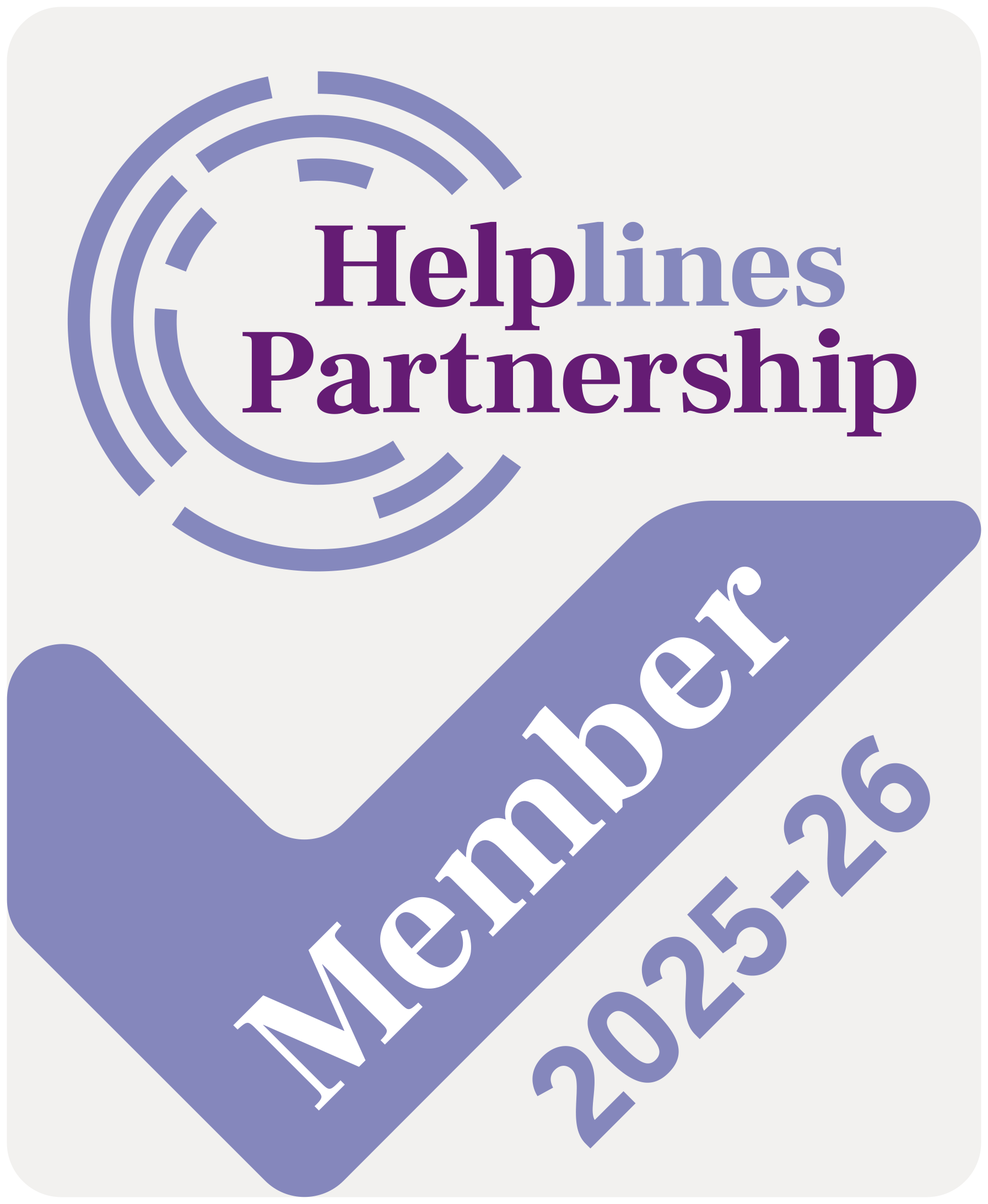Last updated on October 21st, 2025 at 07:02 pm
Being in hospital with your child can feel daunting and disempowering.
You’re used to being at home and living by your own rules.
So what are the rules when you’re in hospital? And what rights do you and your child have whilst you’re there?
A child can expect:
- to receive treatment promptly on the basis of clinical need
- courtesy, respect for privacy and dignity, and the opportunity to talk to staff without a parent present, if appropriate
- treatment in a children’s facility appropriate to age, development and medical condition, and with play and education available, wherever this is possible
- nursing care by appropriately trained children’s nurses
- to be given support and age appropriate information, in writing when necessary, to enable them to understand as far as possible their illness and treatment options and what they will involve
- an introduction to the staff caring for them
- their initial assessment, operation and post-operative care to be carried out by, or under the supervision of, a surgeon with appropriate training and experience in the care of children
- anaesthetic from an anaesthetist, trained and experienced in the care of children
- and effective and direct communication between all clinicians involved in their care
As the parent or guardian of a child you can expect:
- to be with your child during treatment, including anaesthetisation and awakening, unless it puts either of you at risk, and to stay overnight, where possible, if you wish
- to choose to have a relative or friend with you during consultations and examinations
- to be given time to ask questions about your child’s medical problems and suggested treatment and to receive clear information (written information may be available)
- to be given a name and telephone number of someone you can ring for information
- to take part in all decisions about treatment and aftercare and to be advised fully of the advantages and disadvantages, risks, side effects and alternative treatments possible
- to be informed about what is happening, how you can best support your child and immediately, day or night, of any worsening in your child’s condition
- staff to understand that worry and anxiety may affect the way you or your child behave
- to be told the reason for any delay when you arrive for an appointment and how long you may have to wait
- to know the names, jobs and professional status of the staff involved in your child’s care and to receive written information about their roles
- to have all details about you and your child treated in confidence (except where required by law) and your permission sought for any sharing of this information
- to have the right to see any information kept about your child or family
- to be able, without fear of adverse repercussion, to complain if you are unhappy with the treatment you or your child receives (a copy of the complaints procedure is available on request);
- to be given an explanation and, where appropriate, an apology if things do not go as planned
- to choose whether or not your child may be seen by medical students and whether training practice may be carried out when less distress may be caused by a more experienced practitioner
- and to be respected and your needs as a family unit recognised
You and your child have a responsibility:
- to treat all staff, other patients and families with courtesy and respect
- to let the hospital know at once if you change your address or telephone number
- to make known to medical staff the person who has parental/legal responsibility for a child where parents are separated/divorced or where there are other guardianship arrangements in place
- to understand there are pressures of time and resources on the NHS and those working within it
- to give staff full information about your child’s condition and to let the staff know if your child has any physical or learning disabilities, allergies, sensitivities, conditions or changes in their health and of any medicines they are taking, including over-the-counter remedies
- to tell staff if your child is being, or has been, treated by other health care professionals
- to tell staff if you do not understand or are uncertain about any part of the diagnosis or treatment and ask for more information or clearer explanation (in writing, if it helps)
- to follow the instructions given to you on the care of your child before going into hospital for an operation
- to make sure your child follows the advice on what to do after the operation (eg exercise, diet, etc), takes any medicine as instructed and that you seek medical advice before stopping or changing treatment
- to think about and be aware of what might happen if you or your child refuses the recommended treatment or does not follow the doctor’s advice and accept responsibility for those actions and the subsequent results for your child
- to ensure your child attends follow-up appointments and that all appointments are attended on time or that cancellation, with reasonable notice, is arranged
- and to make sure you, your child and all accompanying visitors follow all the hospital and ward rules





